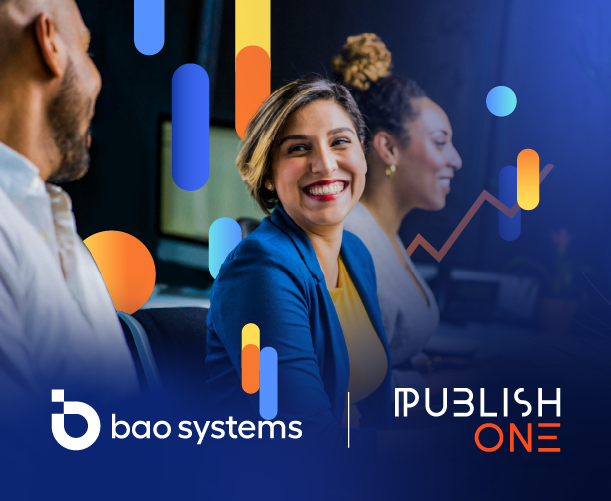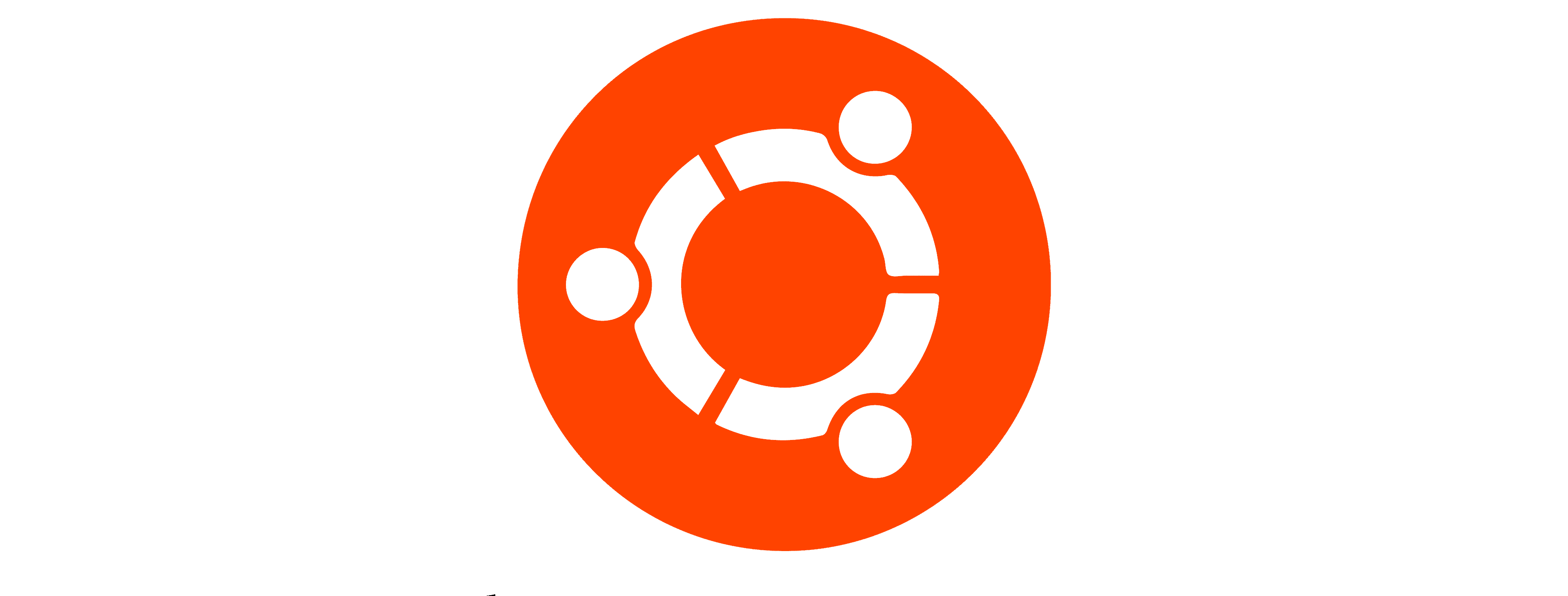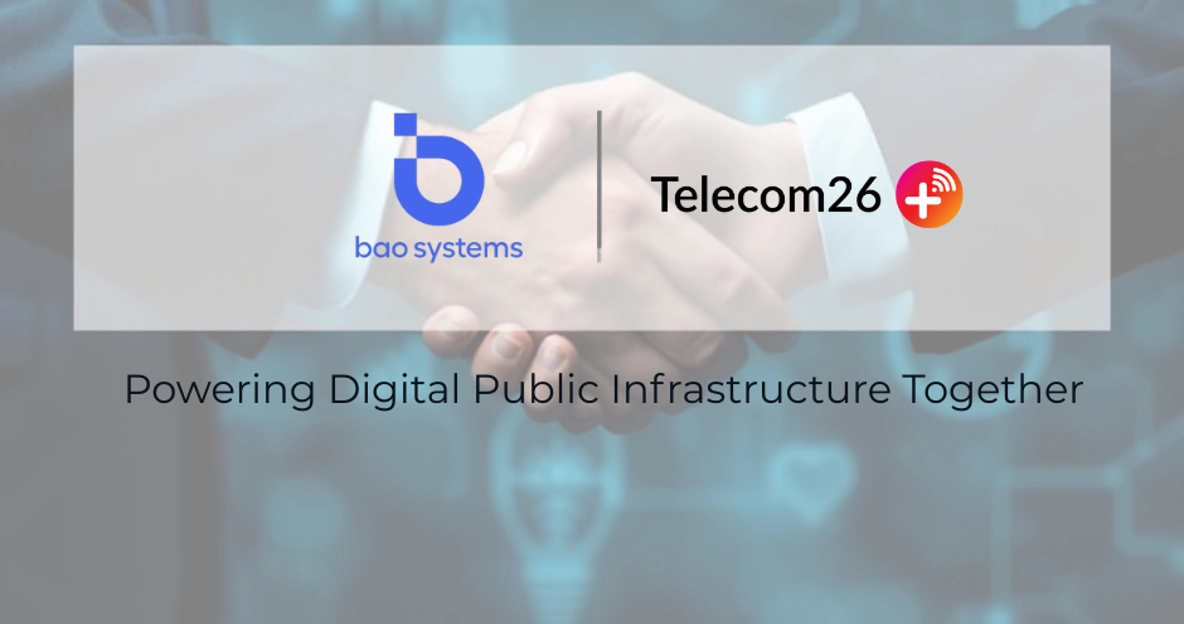
Together playing the fight song against HIV/AIDS
1 Dec 2020By Dr. Adebusoye Anifalaje, Chief Implementation Officer at BAO Systems
Every year since 1988, the world has commemorated World AIDS Day. This December 1st will be no different and we will once again come together as a global community to raise awareness of the HIV/AIDS pandemic. Yet, the outbreak of another pandemic, COVID-19, has made 2020 anything but ordinary. We have been starkly reminded of how a global pandemic causes isolation and uncertainty, and how the best laid plans and standard routines can suddenly change. From virtually celebrating a cherished family tradition to catching a glimpse of the inside of a coworker’s home during a teleconference, we have no choice but to embrace the digital tools at hand to stay connected with each other and work towards common goals.
“Global Solidarity, Shared Responsibility” is the UNAIDS World AIDS Day 2020 theme. Now more than ever, stakeholders must coordinate efforts to achieve our common goal of an AIDS-free world. If not, monitoring the efficacy of interventions is an onerous task, data are not timely nor comprehensive, and health care providers are over-burdened ─ challenges that ultimately negatively affect patient care. The coordination required brings to mind the enviable magic of a symphony orchestra. Performing Beethoven’s 9th Symphony, each instrument section has their own musical score, but the notes must be played in harmony with the other instruments. What if the kettledrums dominated the entire orchestra? The delicate balance that underpins Beethoven’s sonorous masterpiece would be transposed into a cacophony of noise.
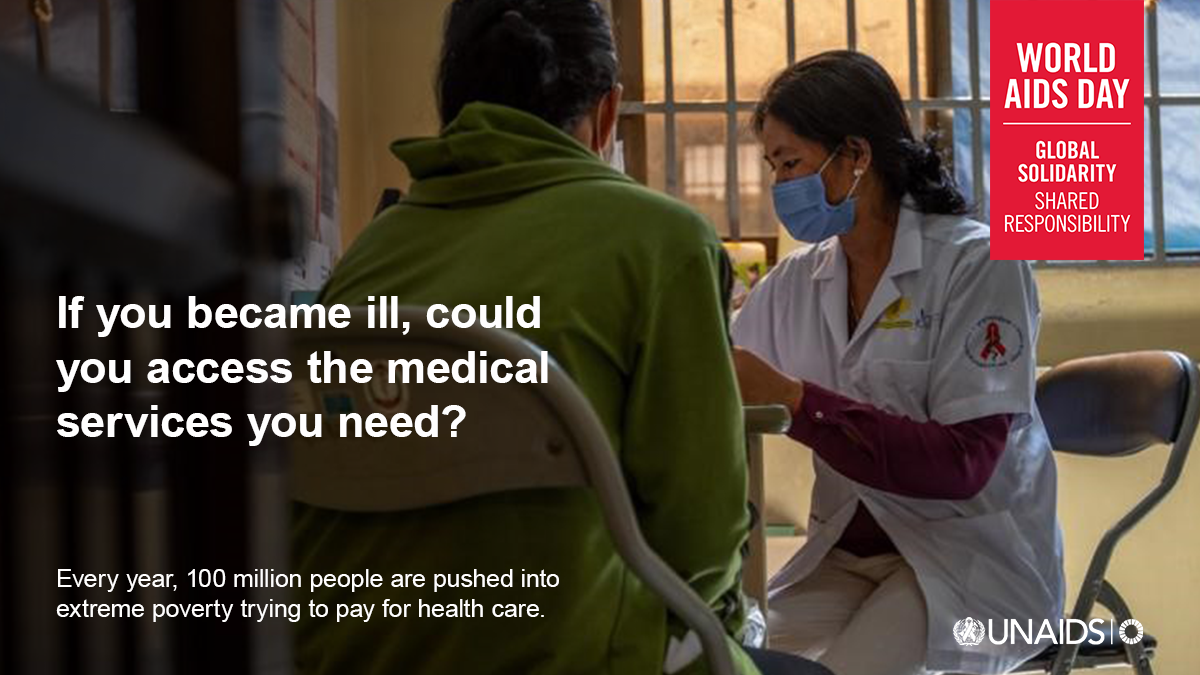
What if kettledrums dominated the entire orchestra?
Equally important to stakeholder coordination is the harmonization of information systems used to collect, analyze, integrate, and generate data for program planning and evaluation. If systems do not work together and data and information cannot be shared, the impact of stakeholders’ efforts cannot be fully maximized. In the foreword to USAID’s “A Vision for Action in Digital Health”, Dr Alma Golden, Assistant Administrator, Bureau for Global Health says, “To meet today’s global health challenges, we need detailed and sophisticated data for health providers and policy-makers to analyze and use.”
Forty years into the HIV/AIDS pandemic, we find ourselves in an age where sustainable technology is available for donors, decision makers, and frontline and community workers to make informed decisions and improve lives. Our mission at BAO Systems is to empower decision makers globally to reduce the impact of HIV/AIDS through sustainable technology.
Zimbabwe: Transforming data, enriching lives
Six Implementing Partners (IP) are providing orphans and vulnerable children (OVC), DREAMS (Determined, Resilient, Empowered, AIDS-free, Mentored and Safe), and sexual violence prevention services in Zimbabwe. Currently each IP maintains its own system for collecting and reporting data to USAID, which causes challenges in data interpretation and use.
USAID/Zimbabwe called on Data for Implementation (Data.FI) to optimize OVC and DREAMS case management information systems. Data.FI brings together leaders across the digital health and analytics landscape to harness the power of data to end the HIV/AIDS pandemic. The project is funded by the US President’s Emergency Plan for AIDS Relief (PEPFAR), through which the United States government has invested over US $85 billion in the global HIV/AIDS response. This is the largest commitment by any nation to address a single disease in history, saving over 18 million lives, preventing millions of HIV infections, and accelerating progress toward controlling the global HIV/AIDS pandemic in more than 50 countries.
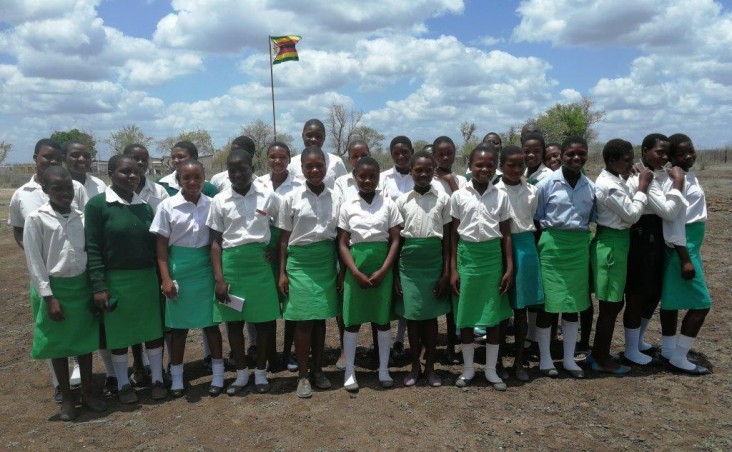
Students at the Mabee Secondary School in Zimbabwe have big DREAMS
Photo: Family AIDS Caring Trust/USAID
When USAID/Zimbabwe discovered that their current system could not support real-time decision making and was inefficient in terms of time and cost of separate systems, Data.FI was asked to develop a harmonized case management information system for use across the six IPs. More specifically, Data.FI has supported the consolidation of more than 80 data collection forms into a core set of six forms, which will allow for reporting of Zimbabwe-specific process indicators and PEPFAR Monitoring, Evaluation, and Reporting (MER) performance indicators.
BAO Systems partnered with Data.FI to integrate OVC, DREAMS, and gender-based violence (GBV) information systems, using the open-source software DHIS2. The tracker module of DHIS2 provides the ability to collect individual level data and calculate indicators when multiple events are recorded and date stamped for one individual. More details on the challenges and the solutions are found in the Data.FI Annual Performance Report 2020.
An online electronic case management system provides the ability to exchange health information electronically and can help stakeholders provide higher quality and safer care for OVC beneficiaries while allowing case workers and community health workers to provide better care. Charles Mahlahlayazi, headmaster of the Mabee Secondary School in eastern Zimbabwe, remarked, ”DREAMS interventions eliminated stigma and discrimination in our school and community. Our HIV-positive pupils are no longer ridiculed by schoolmates. Actually, they are being supported by schoolmates.”
DRC: Harmonizing systems to improve lives
Some years ago when I was working in Democratic Republic of the Congo, I was introduced to the Kimbanguist Symphony Orchestra. This now world famous orchestra is one of a kind. Founded 26 years ago in Kinshasa, by a former pilot, it is composed almost exclusively of amateur musicians who have taught themselves to play their instruments and, at times, have needed to use household objects as instrument parts.
Music is a unique language. As one of the cellists expressed, “It’s a language, everyone speaks music. When I make music, even with someone who speaks a different language, then we’re speaking the same, despite the differences.” It is melody and harmony. The efforts of stakeholders who are converging on a vision with a single-minded purpose and interoperable information systems alike can draw a parallel. When the different systems talk to each other and communicate, the impact on the real person, the beneficiary, is truly significant and sustained.
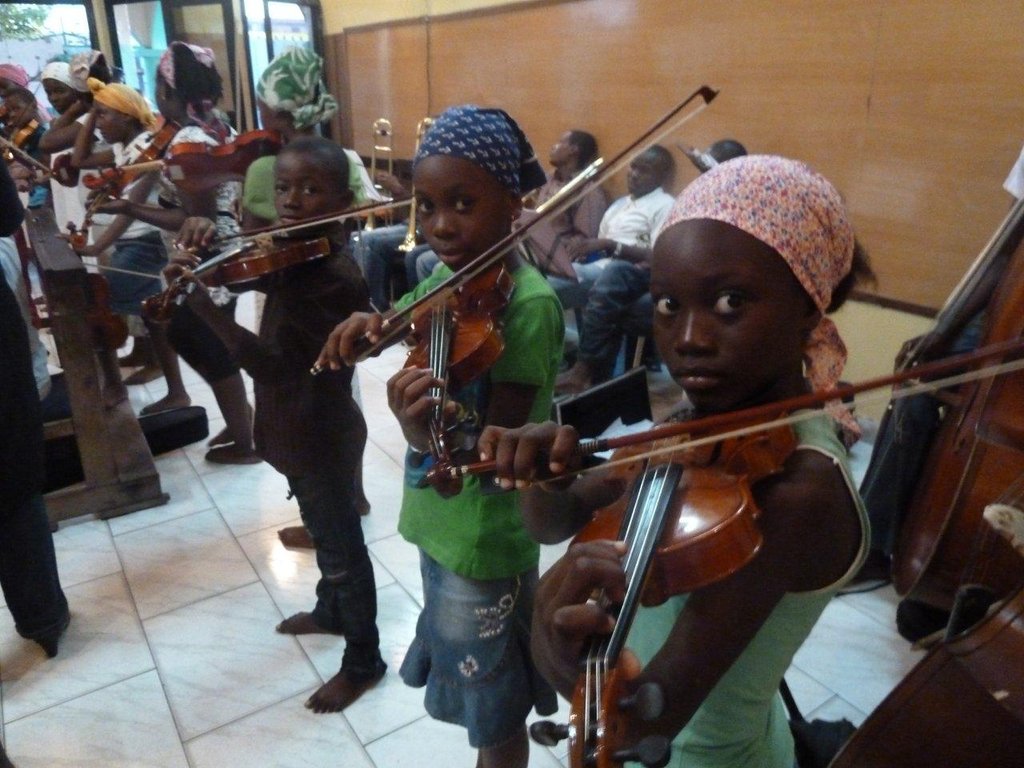
Playing our part in DRC
Photo: Kinshasa Music School
The USAID/DRC Enhancing Services and Linkages for Children Affected by HIV and AIDS (ELIKIA) project provides HIV-affected households with an increased range of services that contribute to HIV treatment adherence, testing, and prevention, improving the coordinated continuum of care for people affected by HIV. The project works to improve the health, well-being, and economic security of over 47,000 orphans and vulnerable children, and 16,000 vulnerable households affected by HIV/AIDS.
It uses an evidence-based, multi-sectoral approach to meet short-term needs and build longer-term resilience of children and adolescents affected by AIDS, while strengthening social welfare systems to provide a coordinated continuum of care. The monitoring and evaluation (M&E) system, developed and deployed by BAO Systems, tracks both beneficiaries and program progress. Project stakeholders can leverage a system that effectively supports operational data use and streamlines the data collected in the field for M&E and donor reporting. Tailored data visualization dashboards display near-real-time data to support the use of data by different stakeholders at the community, facility, and health zone levels. These dashboards are used for project planning, performance monitoring, and can be adapted accordingly to improve program outcomes.
Sharing data for maximum impact
The US government’s theme for this World AIDS day is “Ending the HIV/AIDS Epidemic: Resilience and Impact”. As the world is grappling with the COVID-19 pandemic, HIV/AIDS responses domestically in the United States and around the world need to be adapted to ensure the continuity of services in communities. COVID-19 has also reinforced the urgency of ending the HIV/AIDS pandemic.
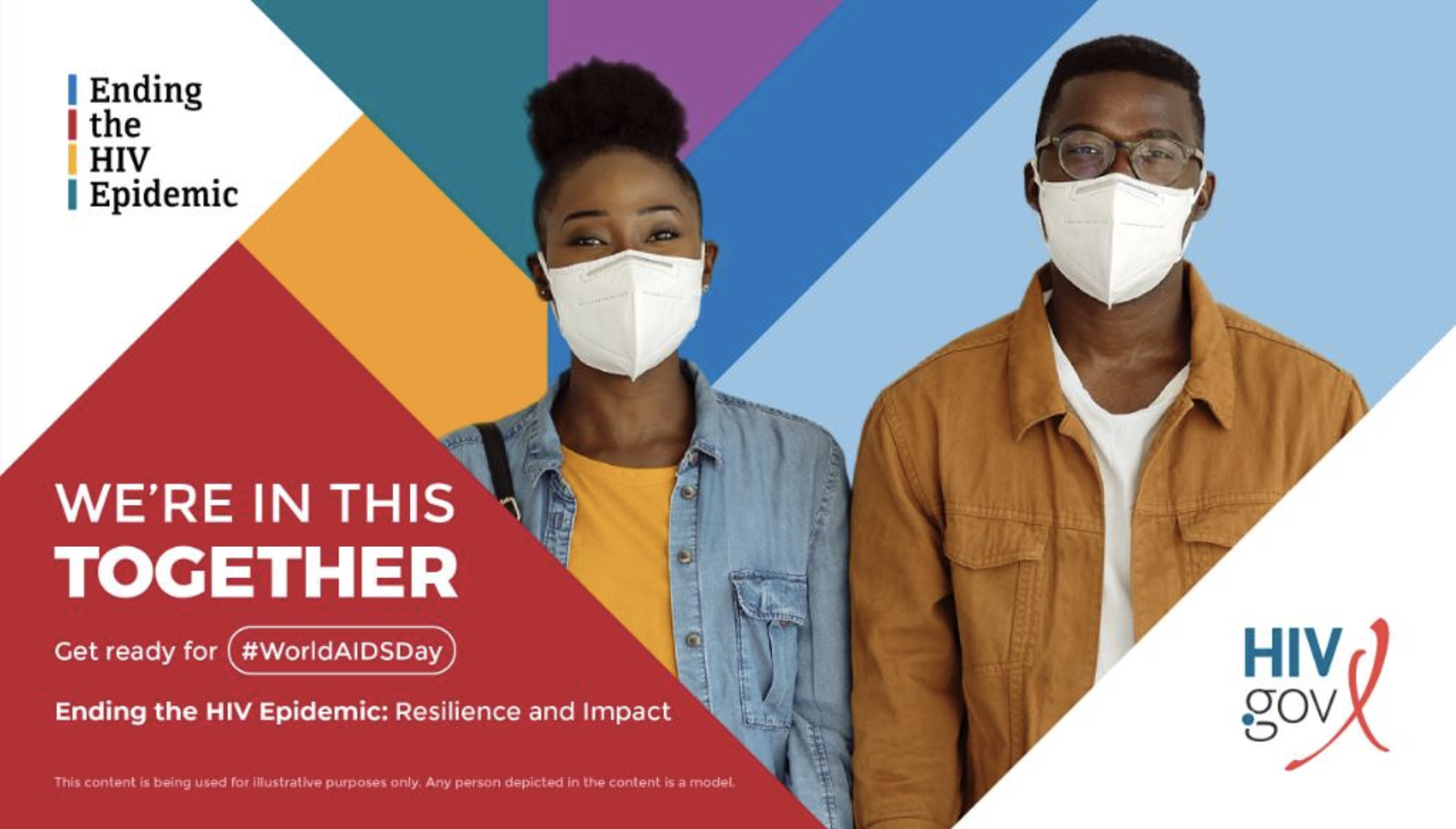
Tools for governments and organizations to easily combine their many disparate sources of data into a single warehouse where they are available for advanced analytics, machine learning, and powerful visualizations is one way to ensure the continuum of care. We are committed to a vision where data are available, accessible, and shared. Through use of the BAO Analytics Platform together with a curated Data Library, governments and organizations can use the solution to mash their own programmatic data together with publicly available data from the WHO, UN, DHS Program, and others. The BAO Data Library will be freely available through an investment from the United Kingdom’s Foreign, Commonwealth and Development Office.
When stakeholders work together towards the common goal of an AIDS free world, progress can be made. Governments, organizations, and programs will always have their own objectives while working towards the common goal. Just like in an orchestra, each instrument section needs to practice and perfect their parts before coming together to perform in a concert, but the end result is a beautiful symphony of melodies and harmonies. Adapting with the times, being innovative, and using the digital technologies available will allow us to live in a world in which the transformative power of data is fully harnessed to enable thriving societies everywhere.
Spotlight

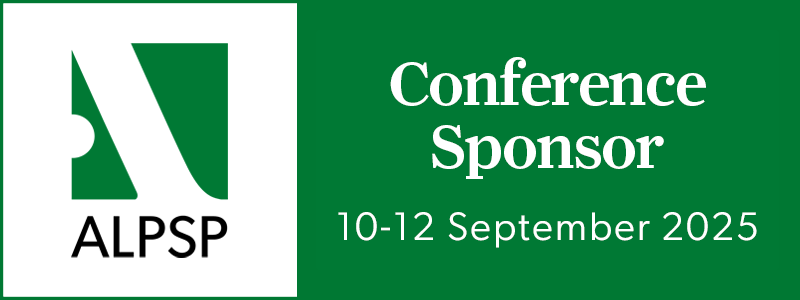
Meet BAO Systems and PublishOne at the ALPSP Annual Conference
BAO Systems and PublishOne, in partnership, are proud to be participating sponsors of the ALPSP Annual Conference in Manchester, UK, this year.